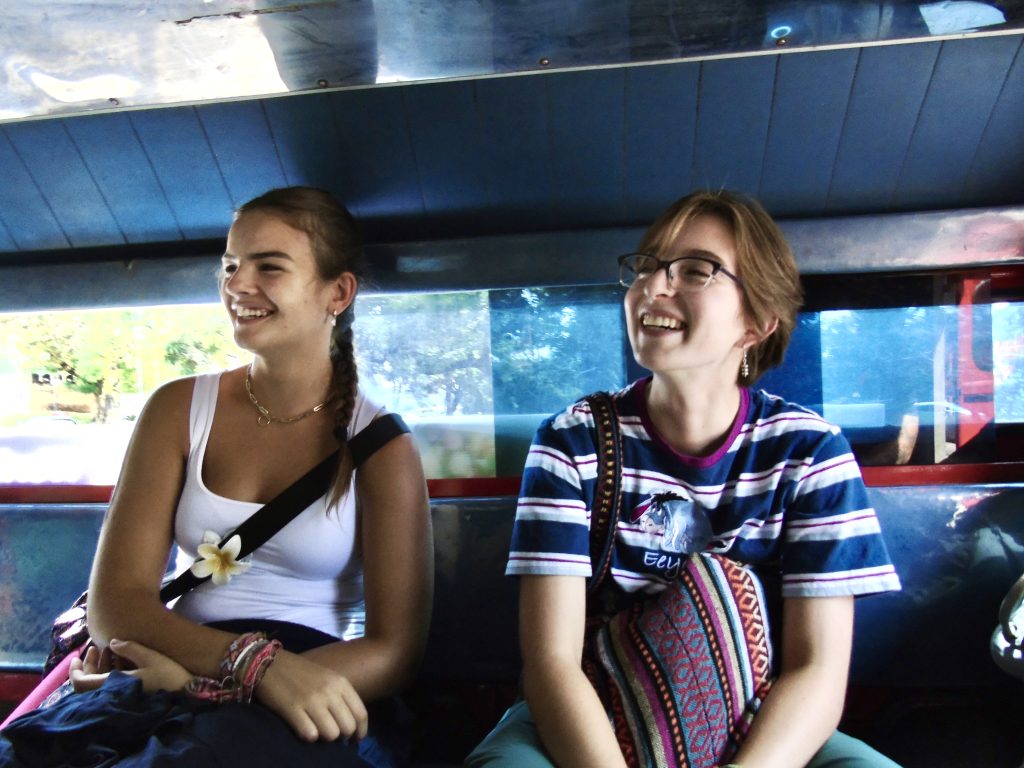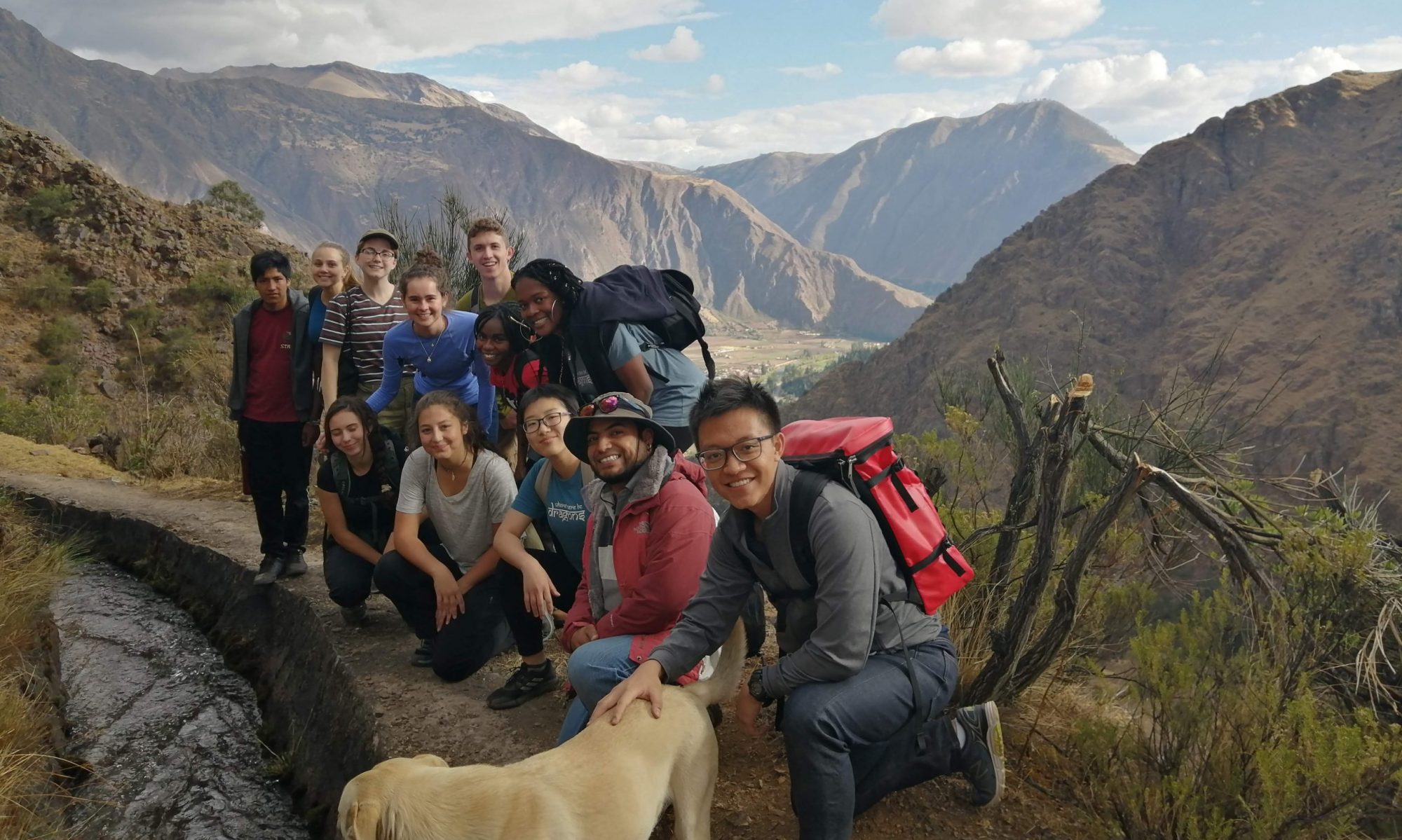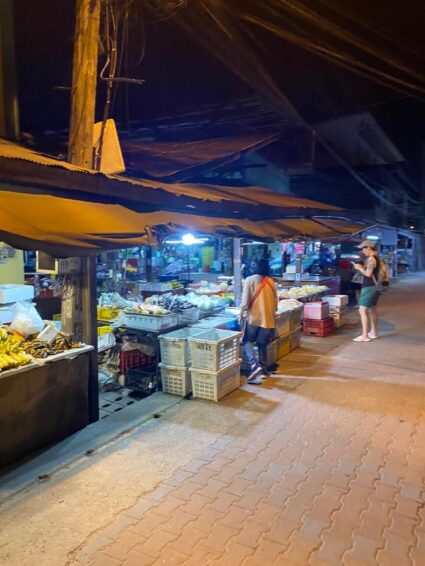by Michela

At home, in the U.S. (which I’ve started calling America, when did that happen?) — I always liked being in cars. I liked the steady movement, the thrum of the blinker as we waited at stop lights and stop signs, and how you could have the kinds of conversations that only happened in cars, the kind you could leave behind as soon as you got out. Also, the blaring radio, the quiet not-talking, the looking out the window.
Something about cars in the U.S. makes you feel a little invincible, I think. Maybe it’s the way you can and must drive nearly everywhere, or how big the vehicles are, how big you feel in the front seat. At least in part, though, I think it’s how separate you are when you’re inside. You have a separate set of rules to follow, a pre-planned right of way, and sometimes, tinted windows that promise the freedom to sing your silly songs or wear PJs to the grocery store without stares.
I’ve been living in Thailand for a month now, and it struck me the other day that cars and pedestrians don’t feel separate here. I can’t place my finger on why. I imagine it’s a combination of things, like how cars never stop for you at crosswalks, so to get anywhere you have to be willing to walk into traffic and trust that they’ll stop for you when you’re in the middle of the road (which they always do without honking), or how the songthaews and tuk tuks are open to the outside, breathing the same air, with drivers who will call out to you asking if you need a ride. There is a certain closeness between people and roads here; physical closeness—reaching your hands out from the sidewalks, you can brush against passing cars—but something beyond this too.
A week ago, I took a songthaew to a grocery store and the driver asked if we wanted him to wait so we could get a ride home. Yes, I know this is business but can it also be courtesy? Can it also be looking after, or caretaking, the way the restaurant owners do when they see our big group and immediately slide tables together, the way the lady at the compost center did when I told her I’d been sick and she placed a hand on my shoulder and told me all the plants that would make my stomach stop turning?
I got into a normal car for the first time in weeks the other day, and I was expecting, at least a little, to feel the way I do back home—bubbled, separated. Instead, I felt like I was carrying all my human with me. Like I could still roll the windows down and the street vendor food would be close enough to touch, to taste.
I was talking to Mimee a couple of days ago, Mimee who loves noodles and runs a farm in Laos, and she described the village as an un-lonely place—someone always calling you over, here, eat this food I’m cooking, or here, I have a remedy for your aches. Where I’m from, America, feels so far from this village. I think Chiang Mai with its messy traffic and open-windowed cars feels closer.
Originally posted here.









